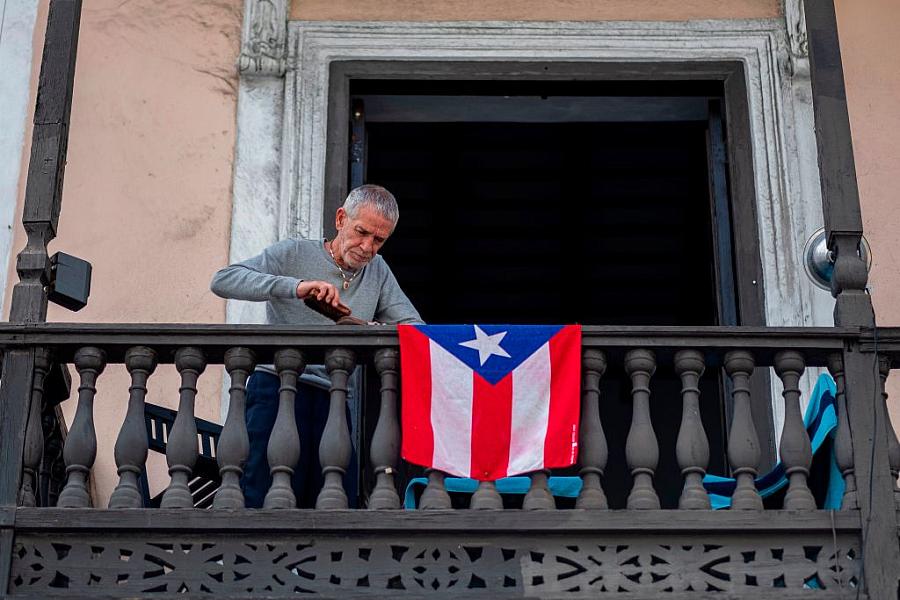The road to end discrimination: Will residents of Puerto Rico finally get SSI?

(Photo by Ricardo Arguengo/AFP via Getty Images)
Just imagine this scenario. María and José are Puerto Ricans, and their lives seem similar. They were born and raised in Puerto Rico and, now in their 60s, they have several chronic diseases, including obesity. They now need medications and medical equipment, mainly to help them with their mobility.
While María, a retired nurse, must work wonders month by month to stretch her limited budget, José, a retired lab technician, also lives on a tight budget but is coping with the help he receives from Supplemental Security Income (SSI) payments. This program provides monthly payments to adults and children with disabilities that have income and resources below specific financial limits.
“Why doesn’t María receive the same SSI help as José?” you might ask.
Mainly because María lives on the island, while José resides on the mainland. This small difference prevents María from applying for SSI, since the program excludes Puerto Ricans living on the island.
A quarter of Puerto Rico’s population consists of people 65 years and over. Meanwhile, about half of the 3.2 million people that live on the island reside under poverty levels. Puerto Rico also has some of the highest rates in the U.S. of diabetes, asthma, and cardiovascular diseases, among other conditions. This should give an idea of the amount of people that may benefit from welfare programs to access the health services they need.
This year, however, there are two possible roads that may put an end to the exclusion of SSI to Puerto Ricans living on the island. The Supreme Court has a pending case (United States v. Vaello Madero) to resolve whether Congress violated the equal protection component of the due process clause of the Fifth Amendment by not extending the SSI to residents of Puerto Rico.
Meanwhile, last year the U.S. House of Representatives approved a bill that would expand SSI to residents in Puerto Rico. This bill still has yet to pass the Senate. However, President Biden has declared that he is in favor of including Puerto Rico in this program.
While these possibilities play out, the voices of people like José and María are extremely important to hear. That is why, as part of this project supported by the 2022 Impact Fund for Reporting on Health Equity and Health Systems, we plan to interview Puerto Ricans in the mainland that receive SSI and Puerto Ricans on the island that lost eligibility or have never been part of this program because of their residency.
Interviews on the Vaello Madero’s case and potential Congressional action towards a bill on SSI are also a must. The voices of representatives of civil rights organizations and other institutions that work with minorities are also very important for this project.
This is a crucial issue that needs to be addressed, hopefully to create public awareness and pertinent action to put a stop to this unfairness.
People in Puerto Rico contribute to the Medicare program, although its extension is not complete in this U.S. territory. Differences in the application of the Social Security and Medicare benefits in Puerto Rico, among other welfare programs, are forms of systemic racism that cut off Puerto Ricans from government help that could contribute to their wellbeing and health.
To maximize the reach of this project, we are planning to distribute the final product through both a print publication and multimedia broadcasting. Our plan is to prioritize the visual element and interactivity with videos, audios, graphs, and charts that will help the audience better understand the situation.
We are confident that our work will capture the government and the public’s attention, helping them comprehend this issue and the struggle towards policies that will help Puerto Ricans and all United States citizens find the equality and justice they deserve.


